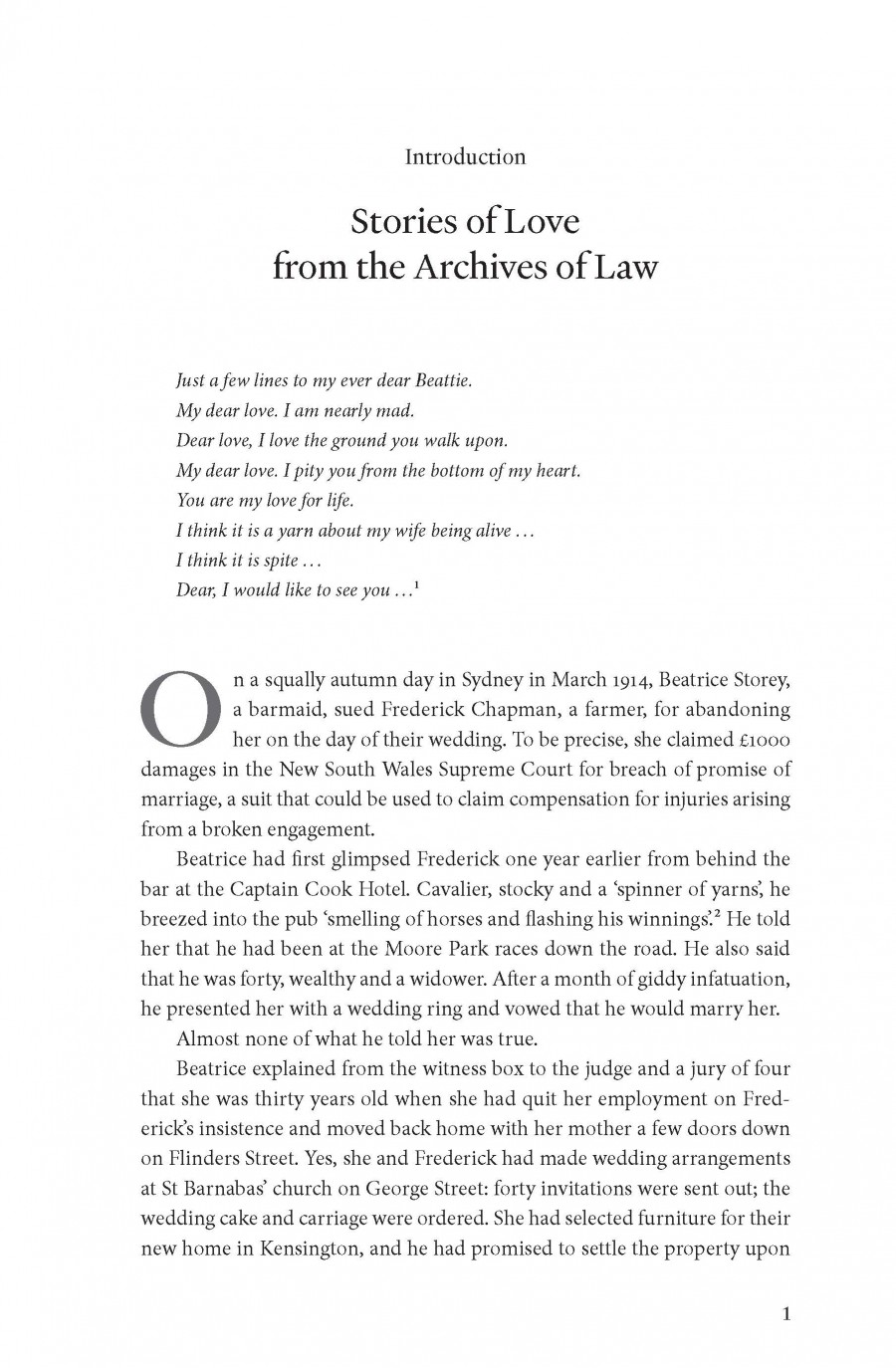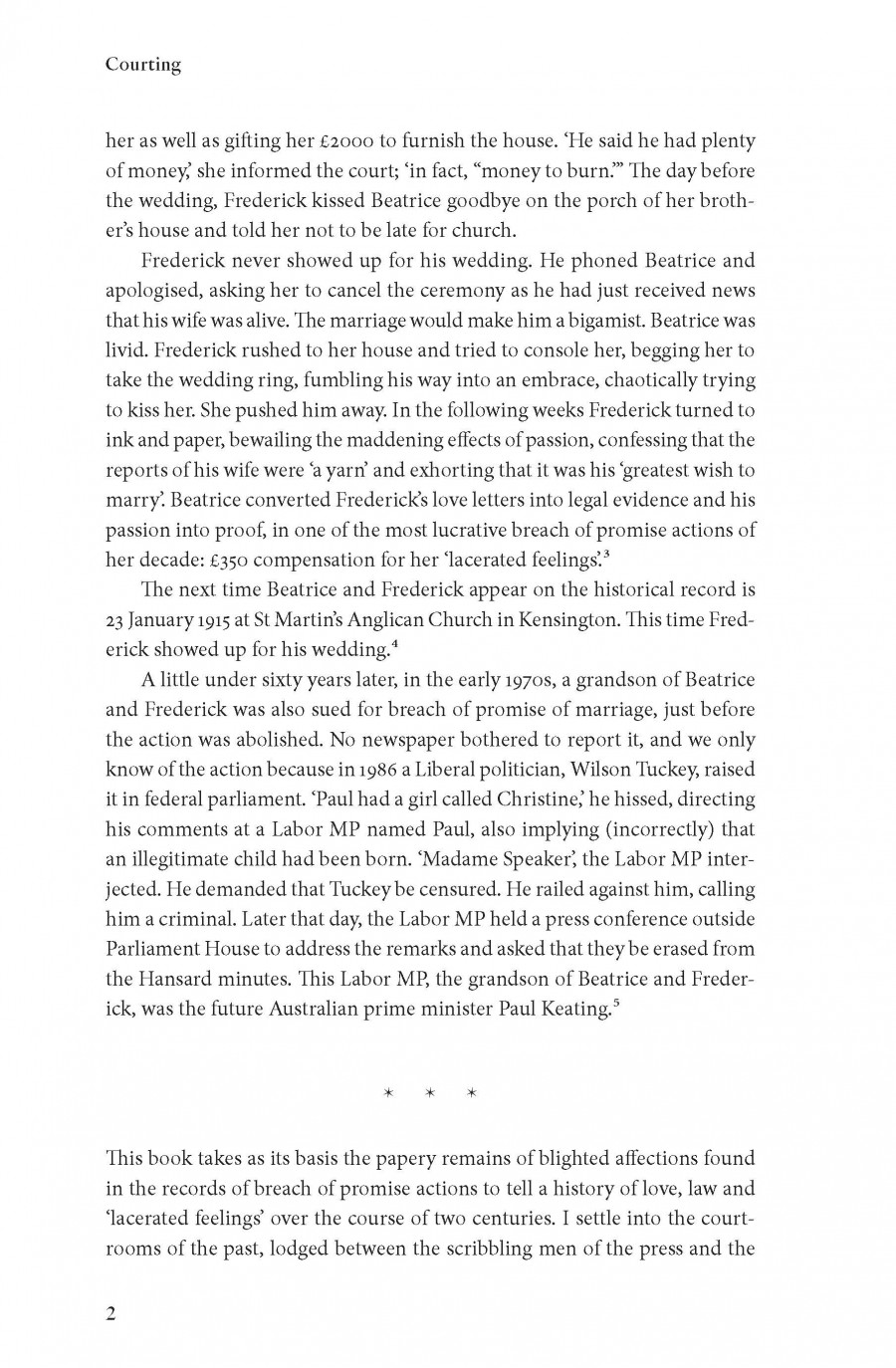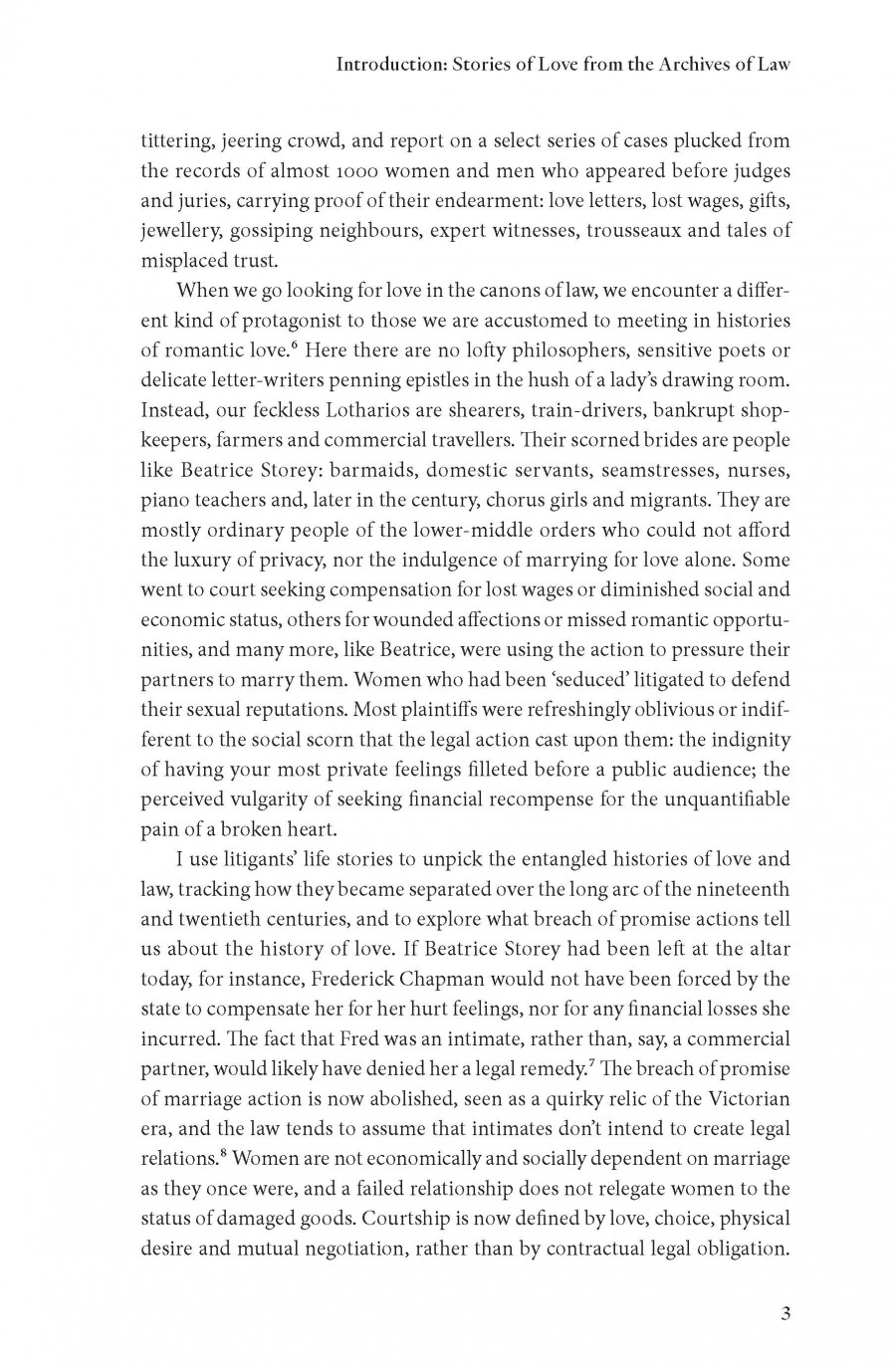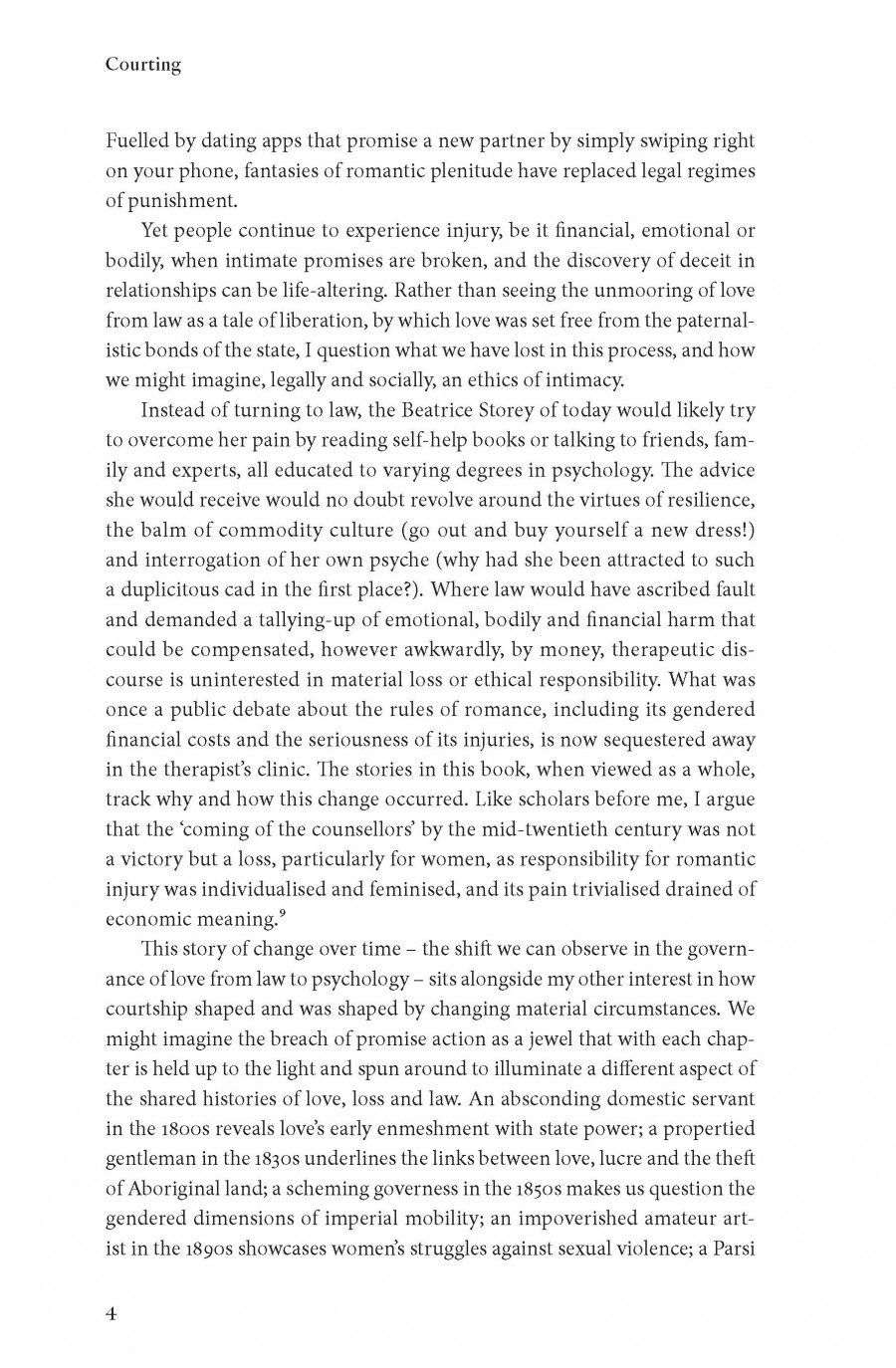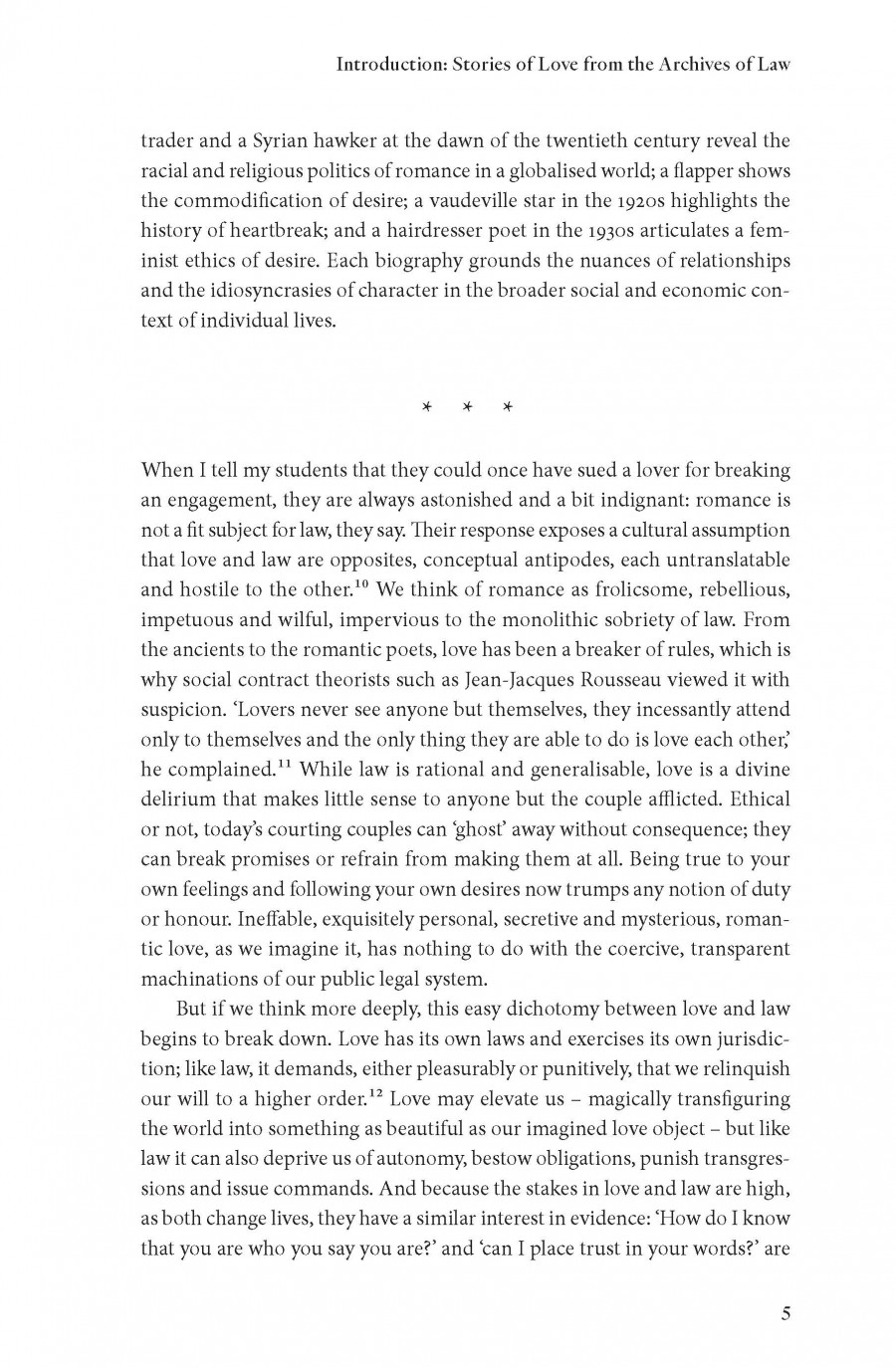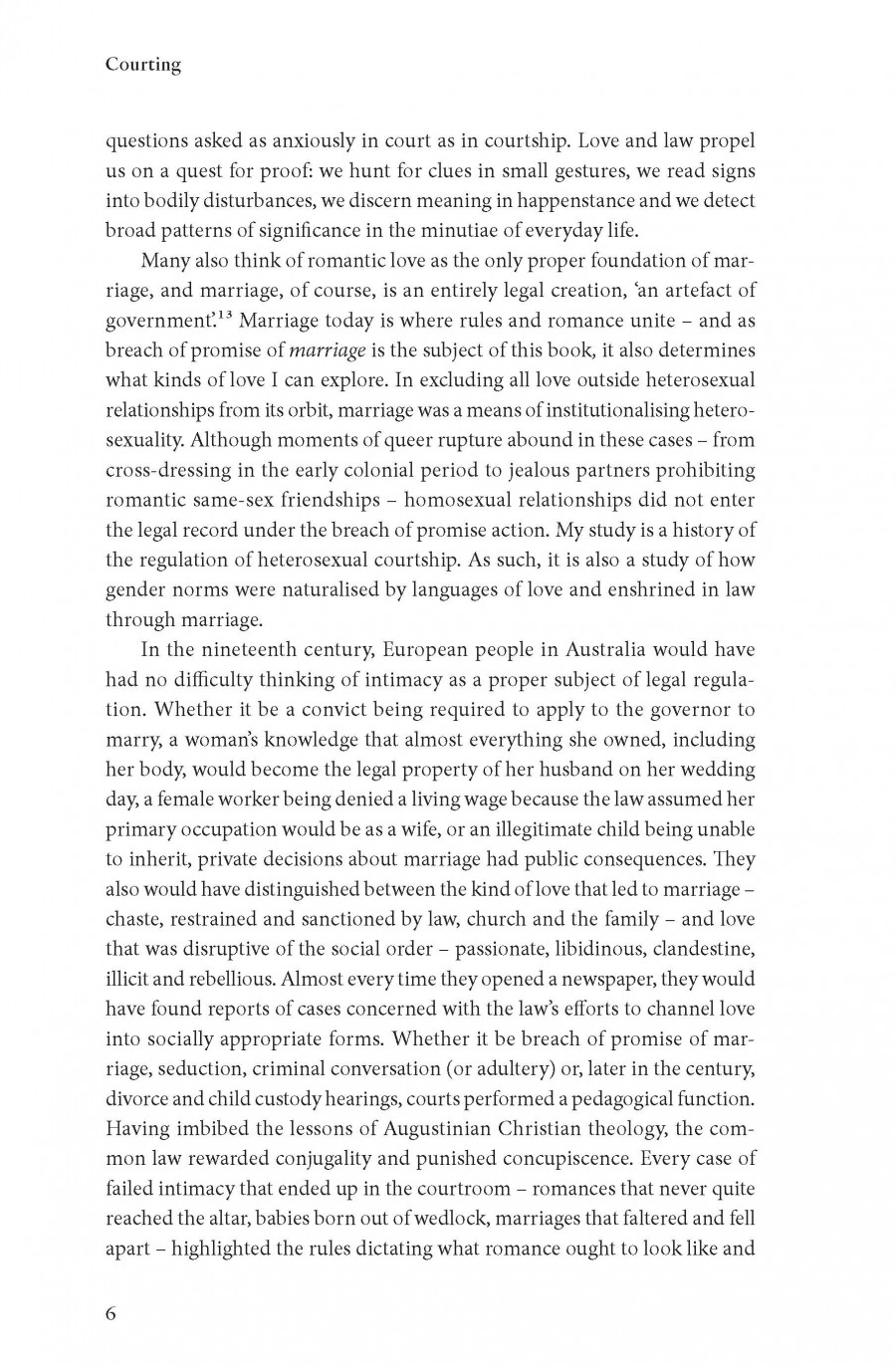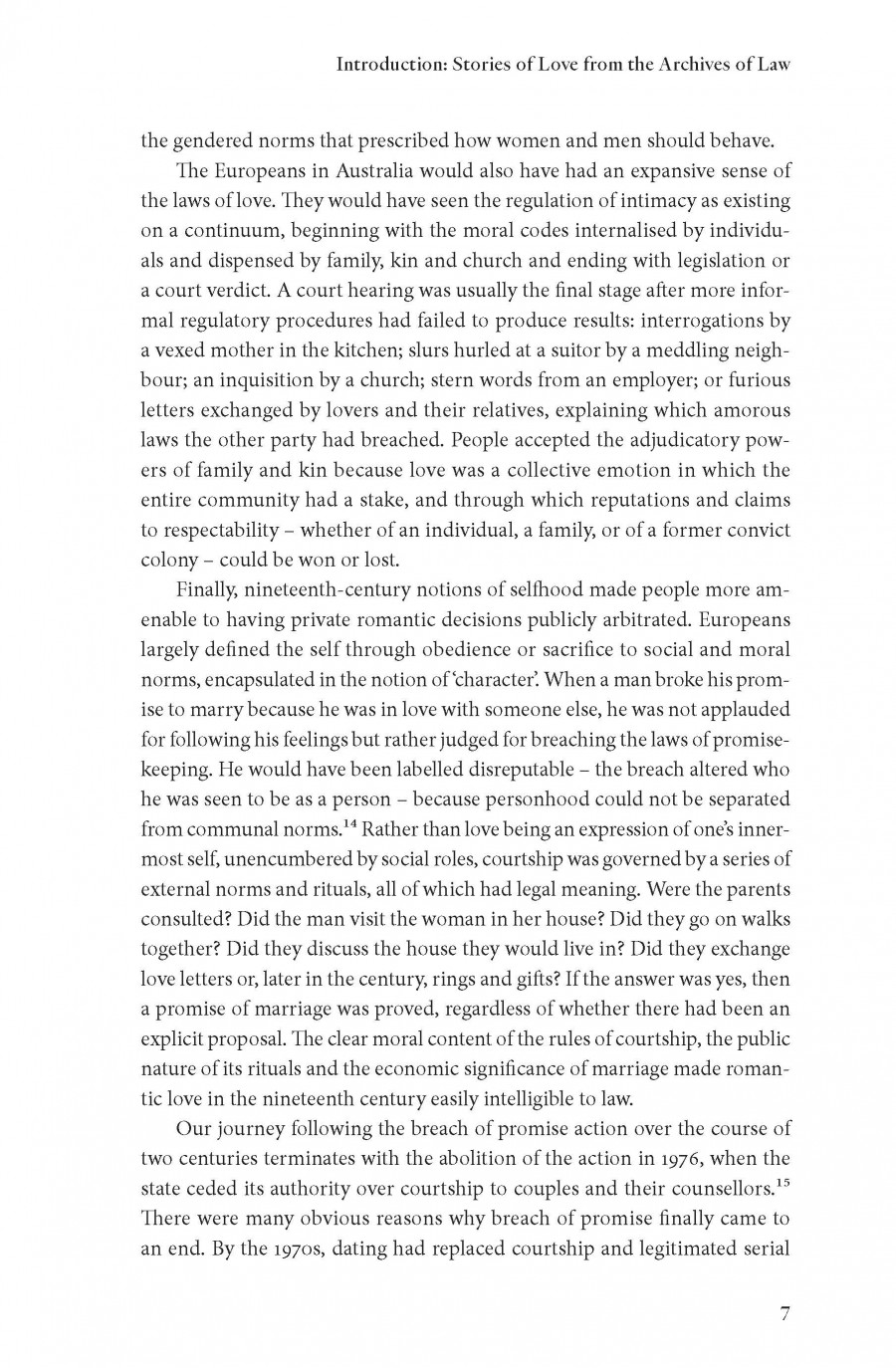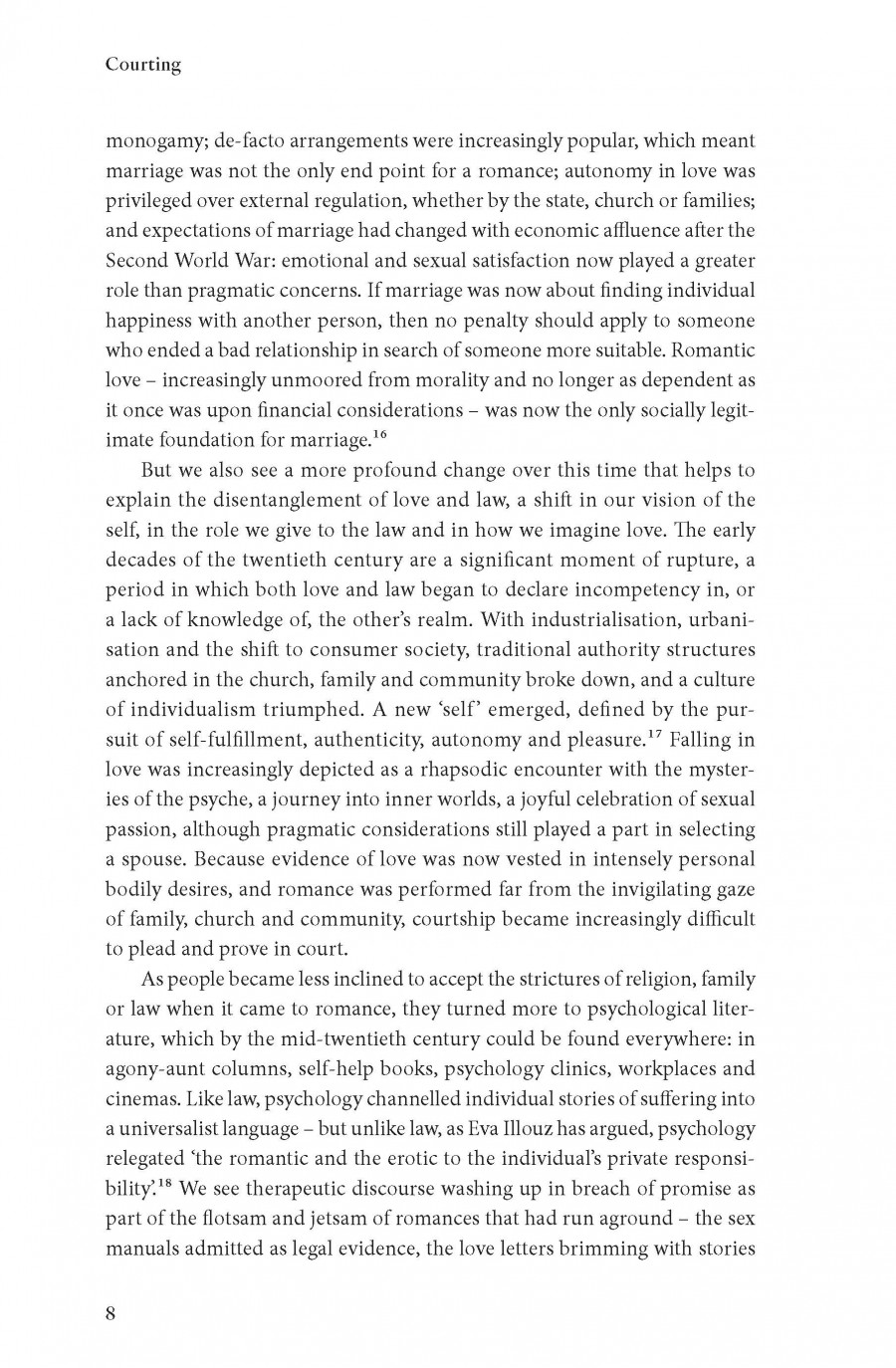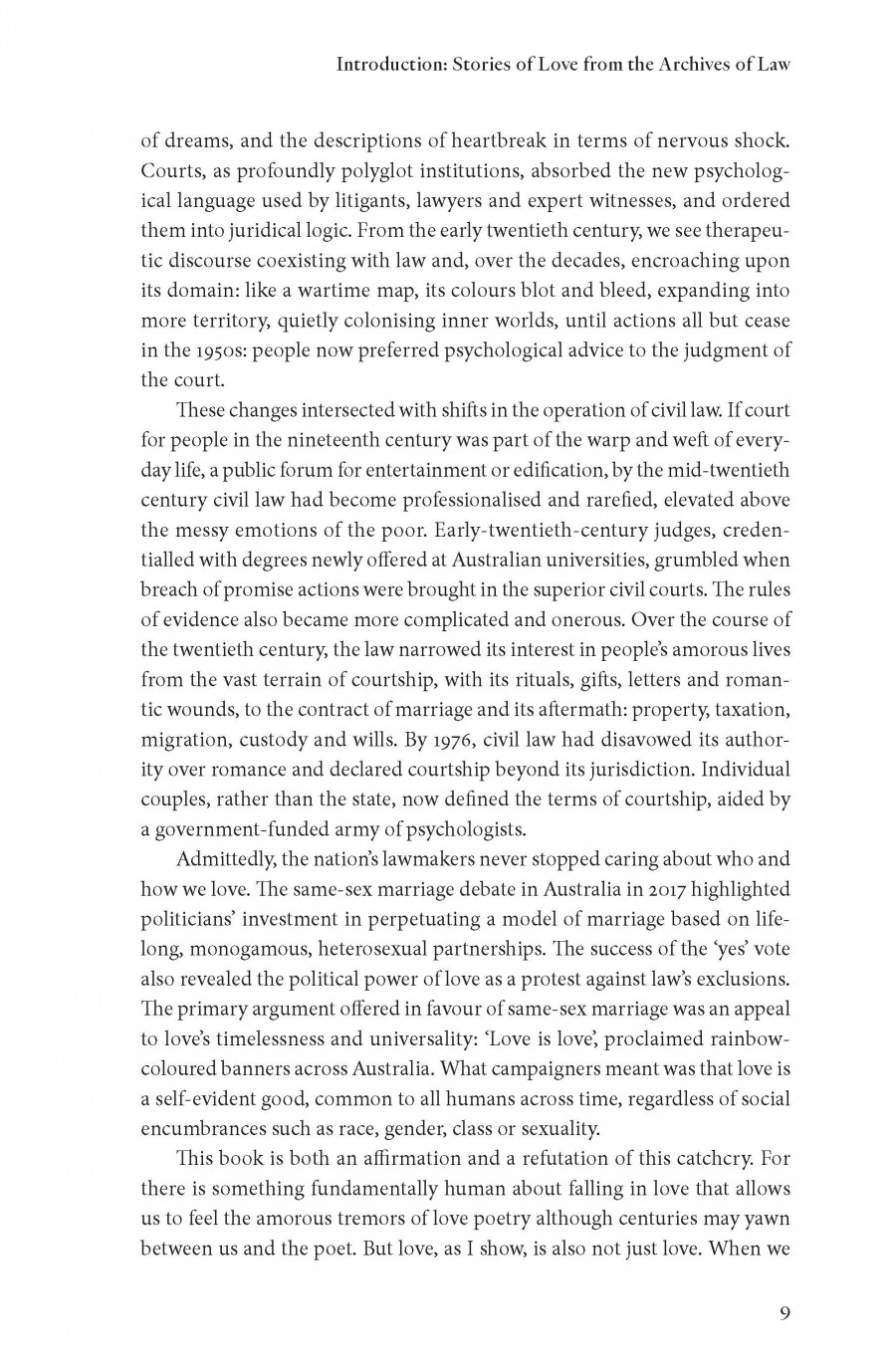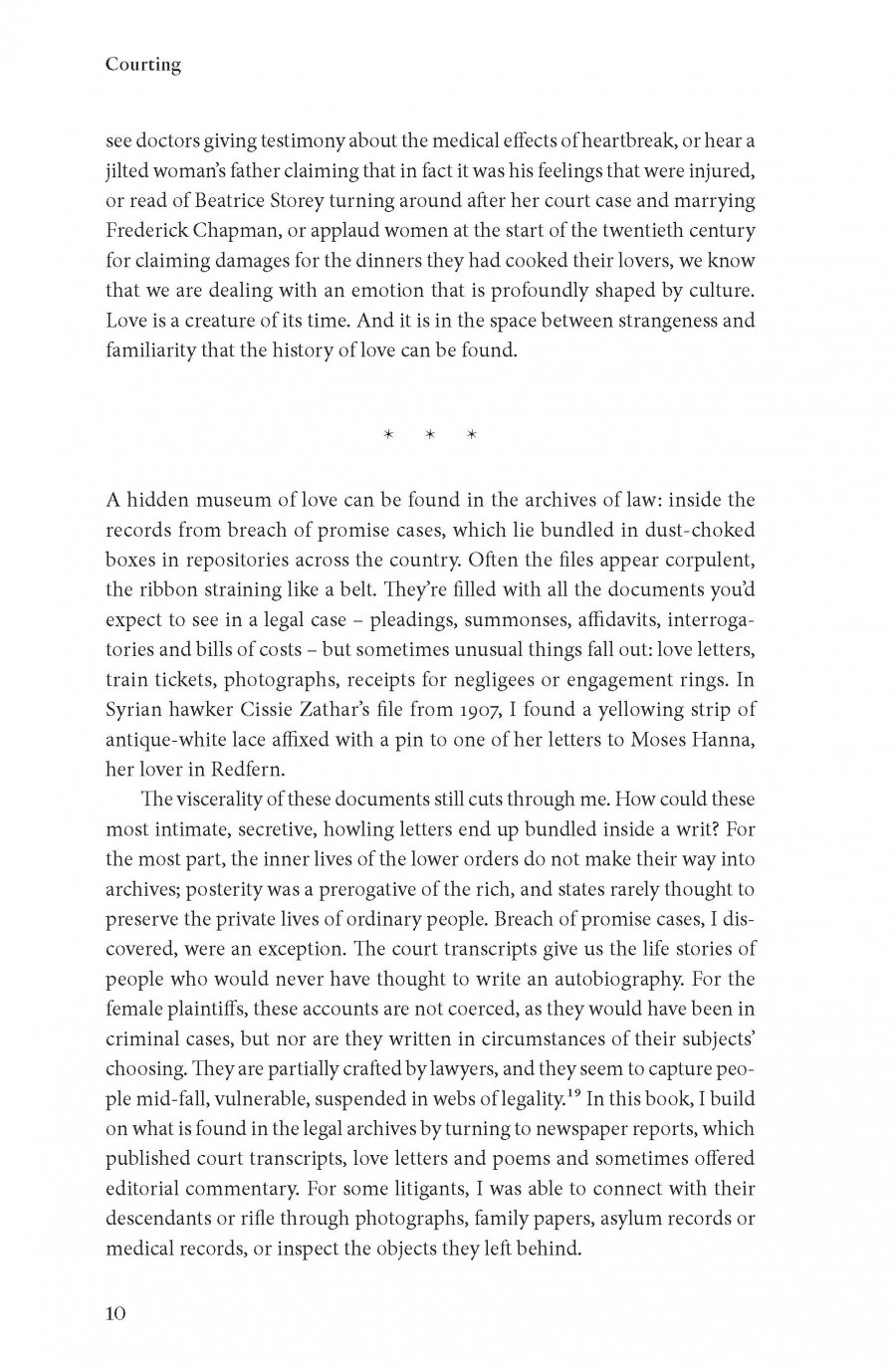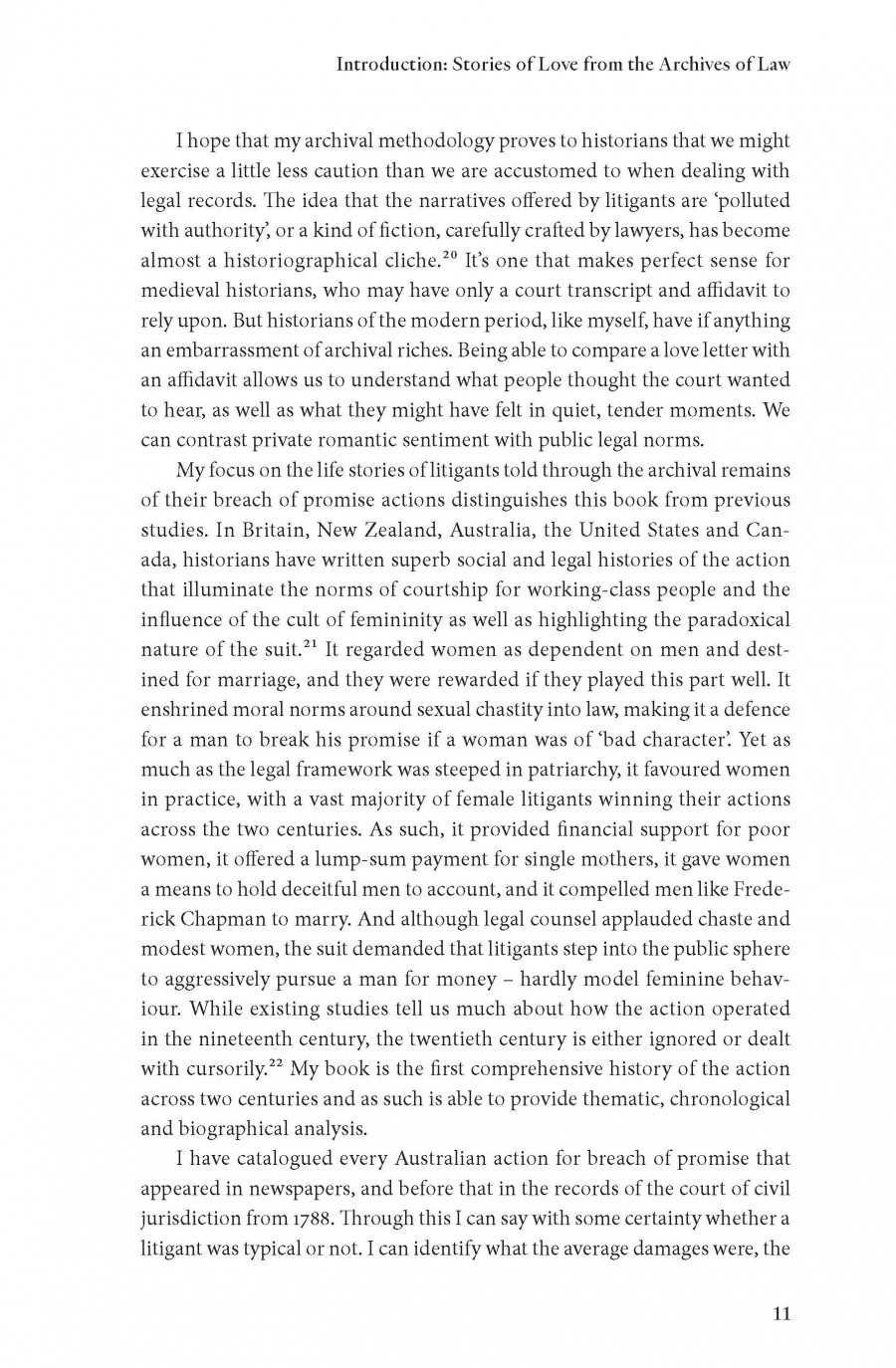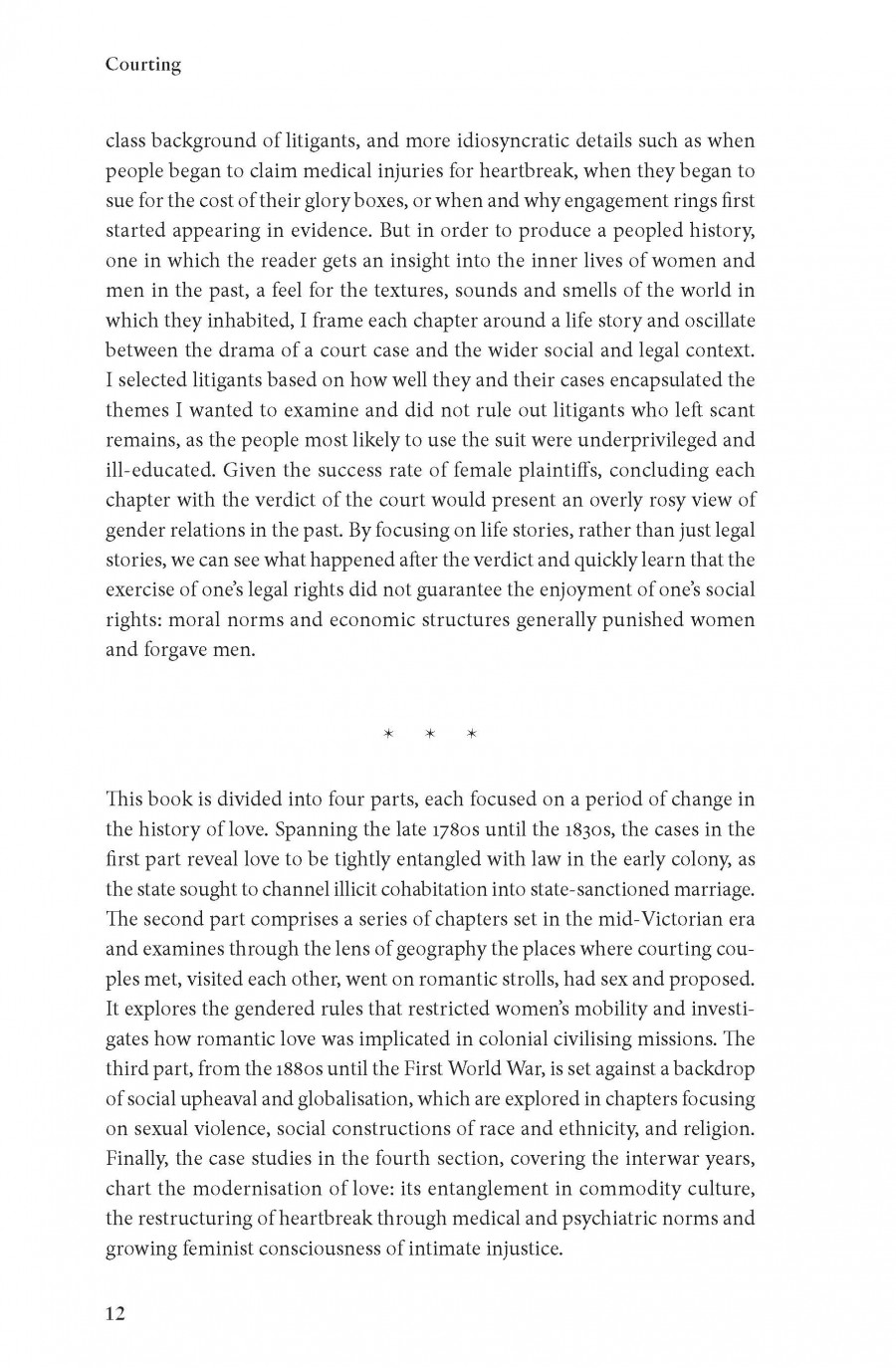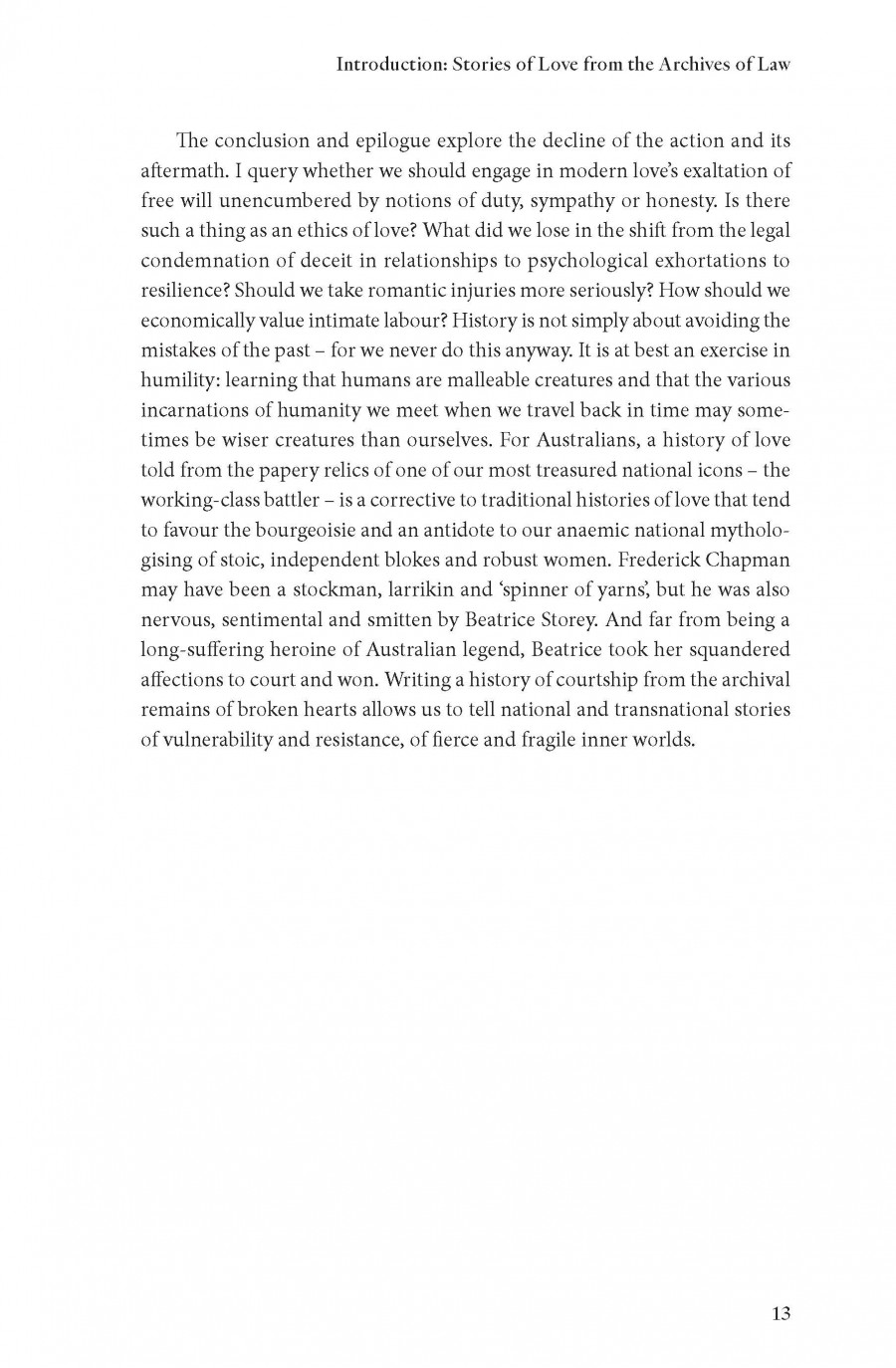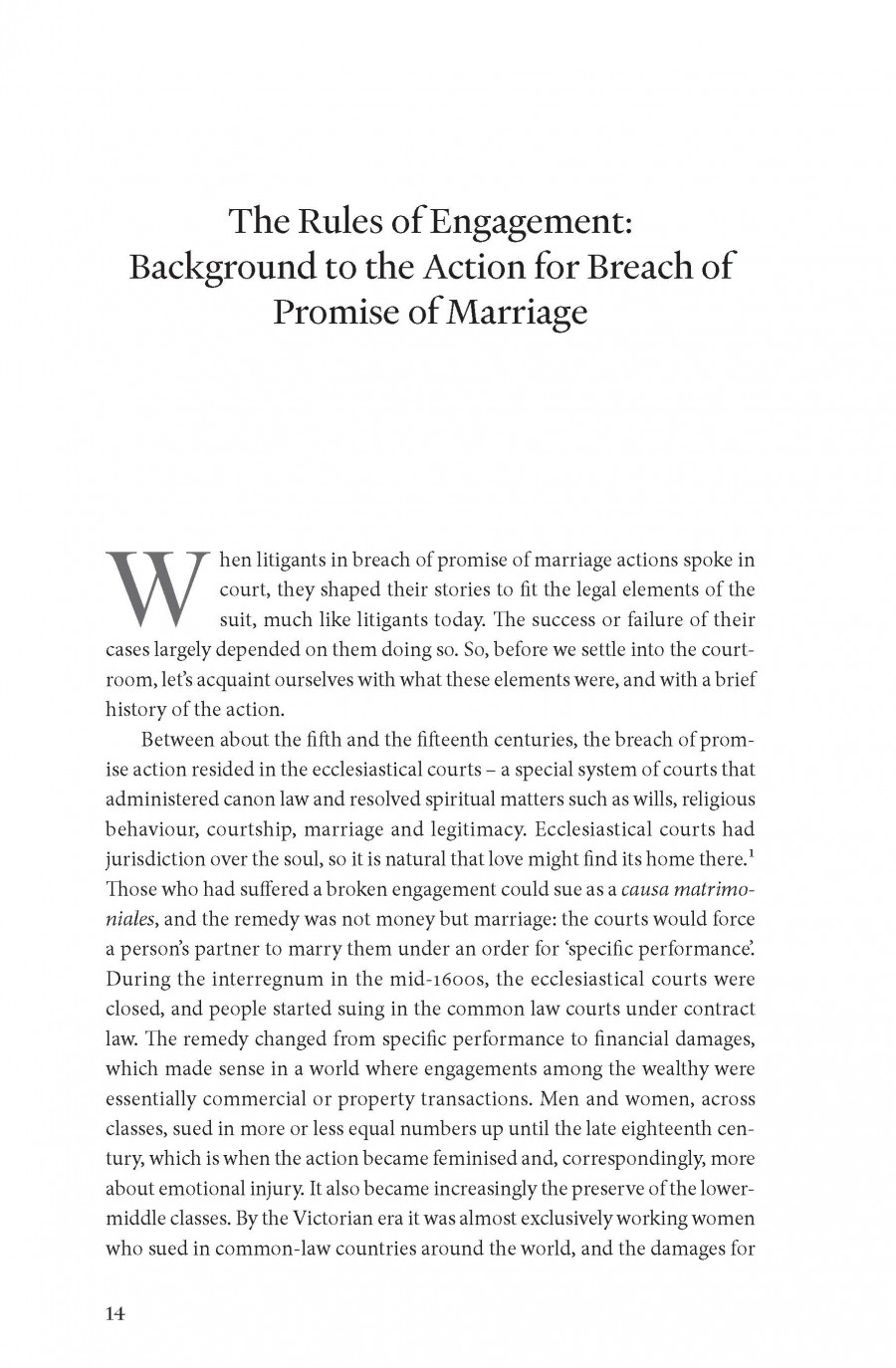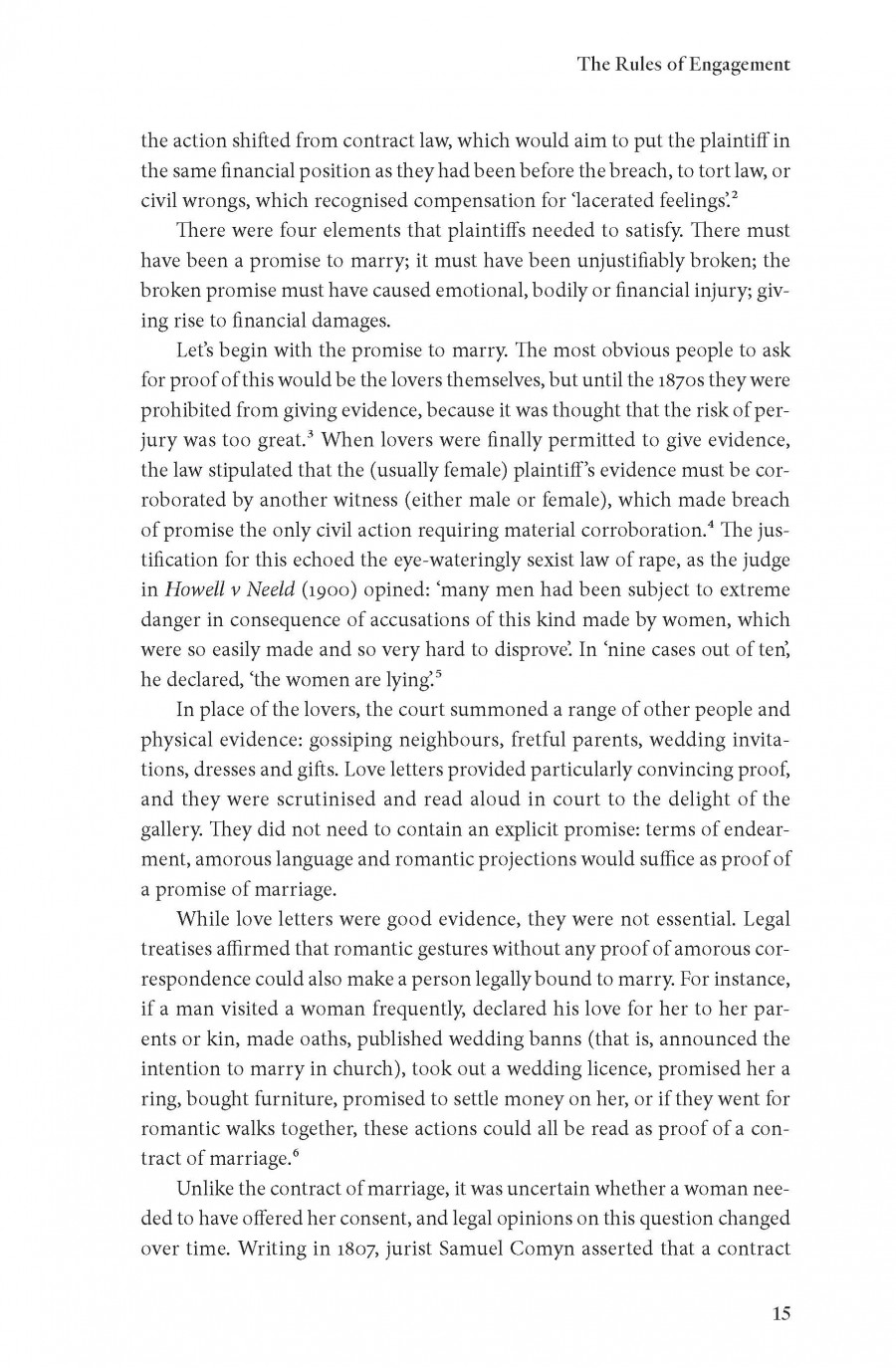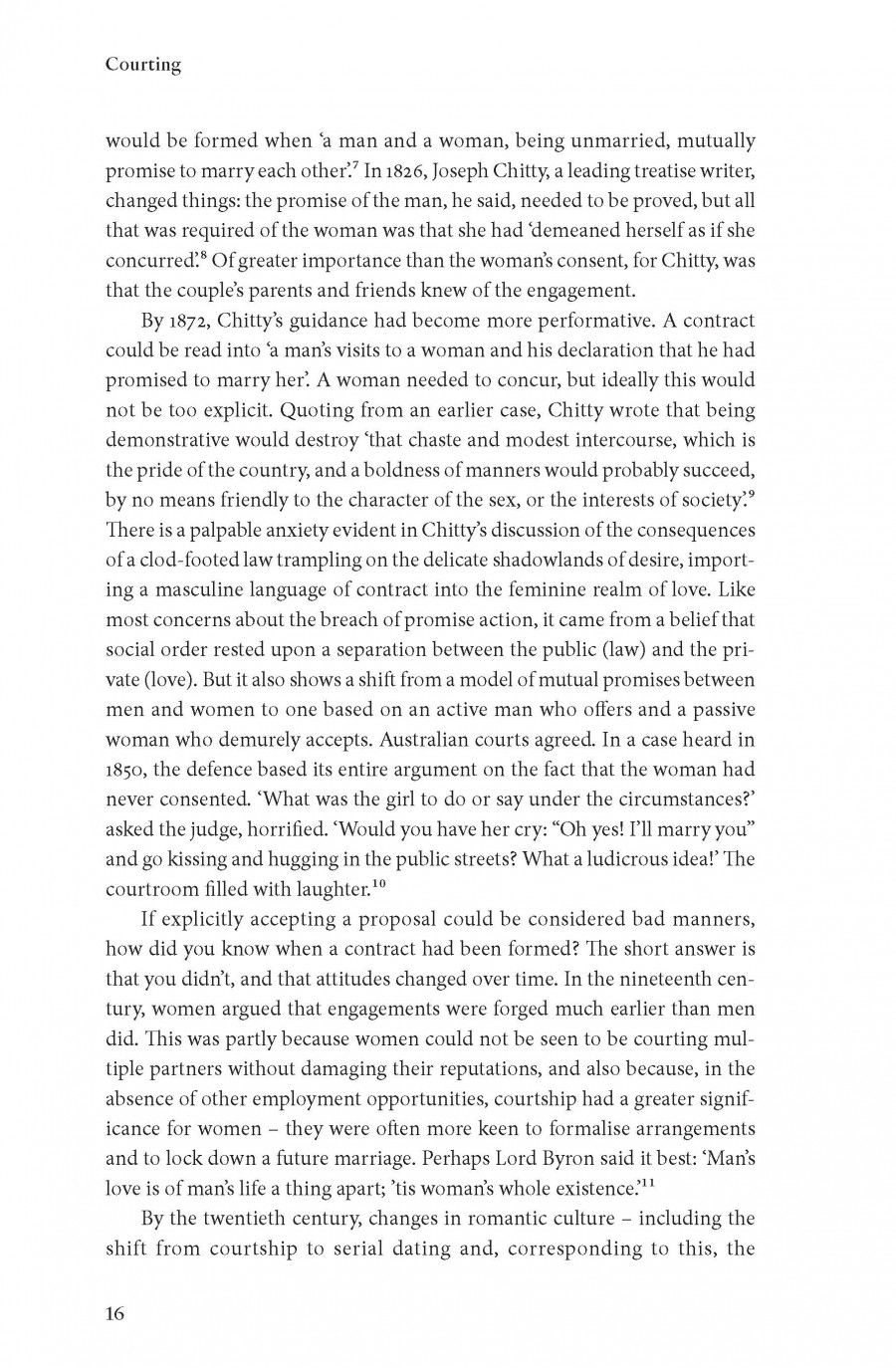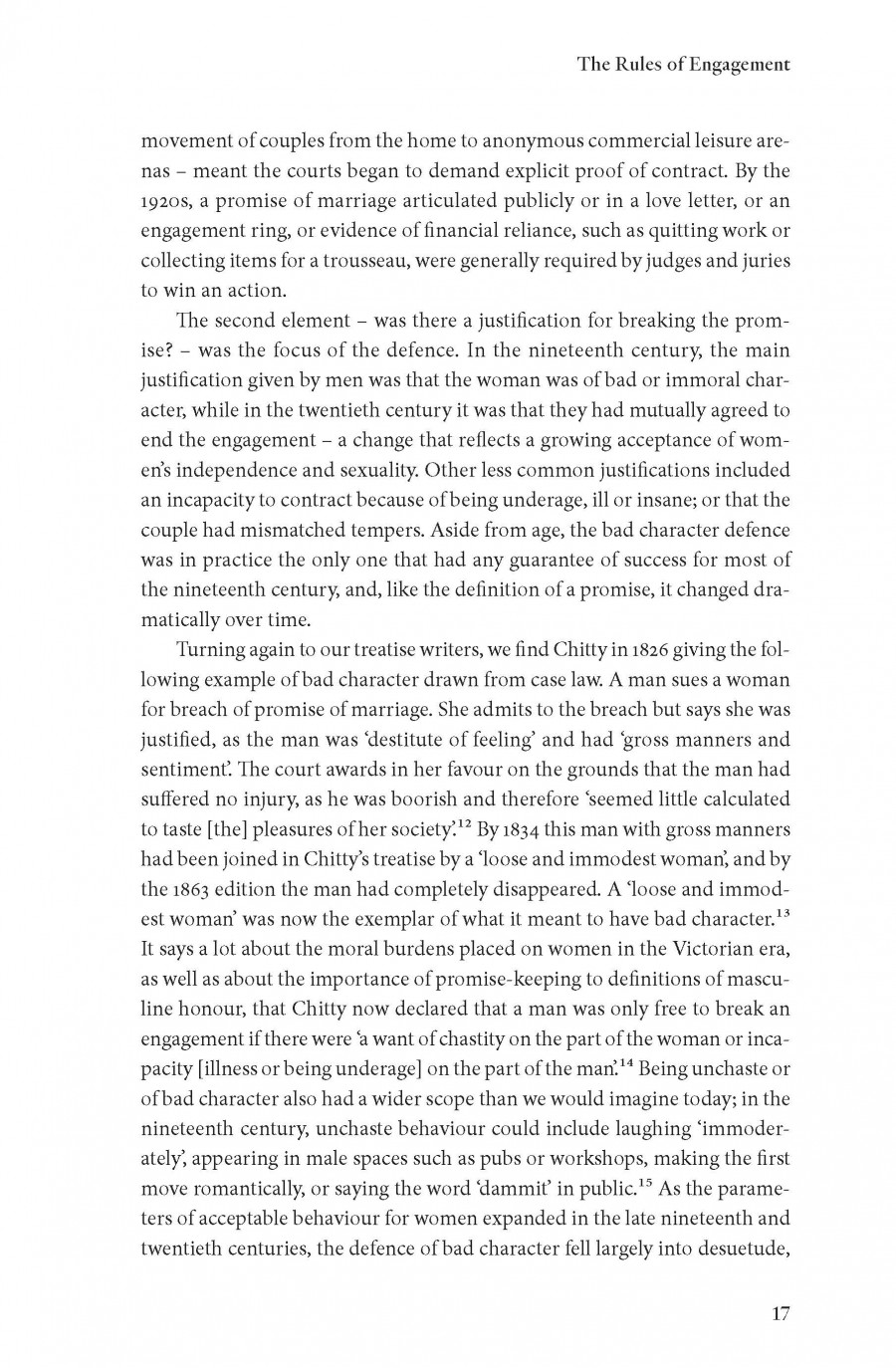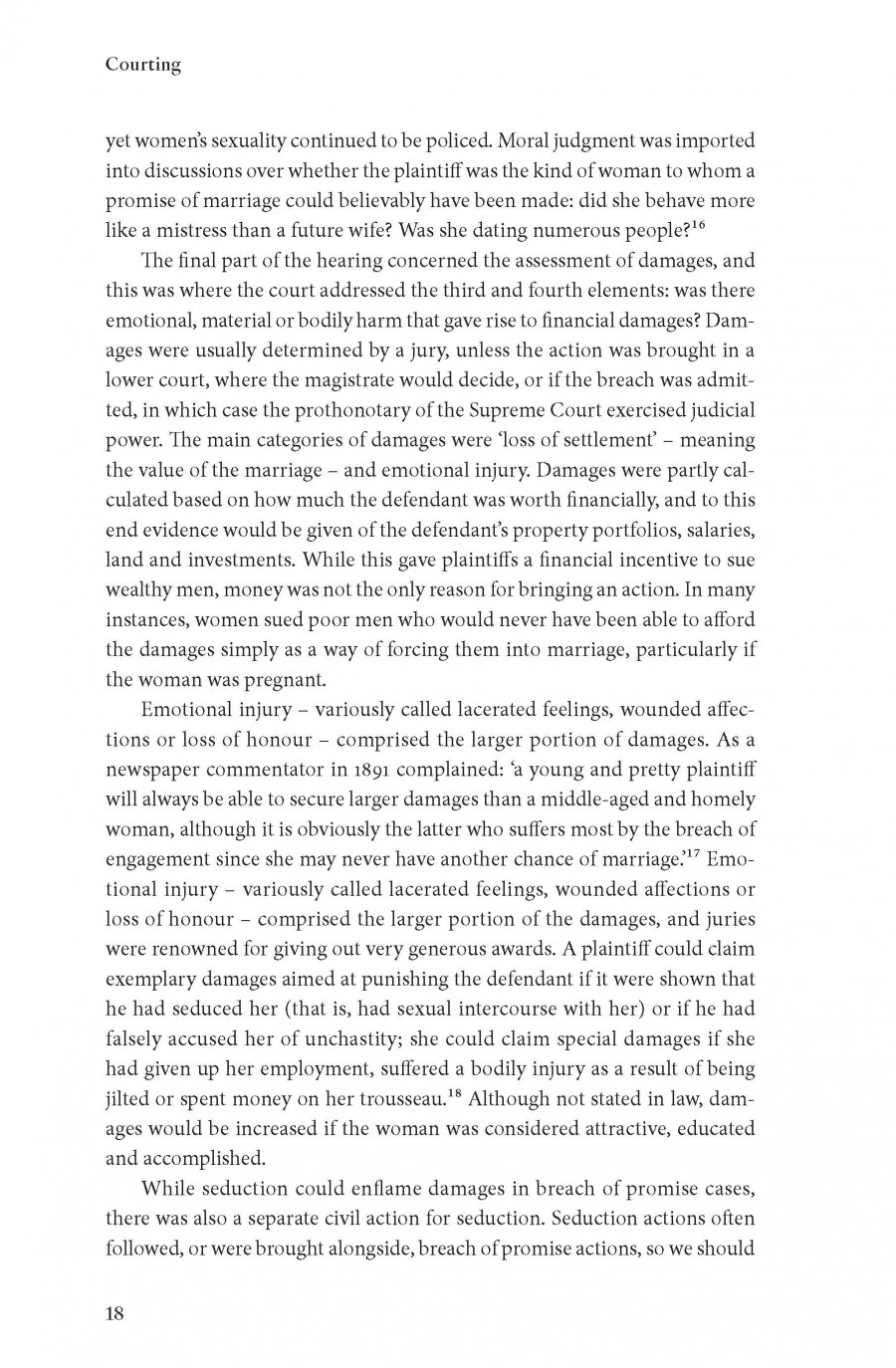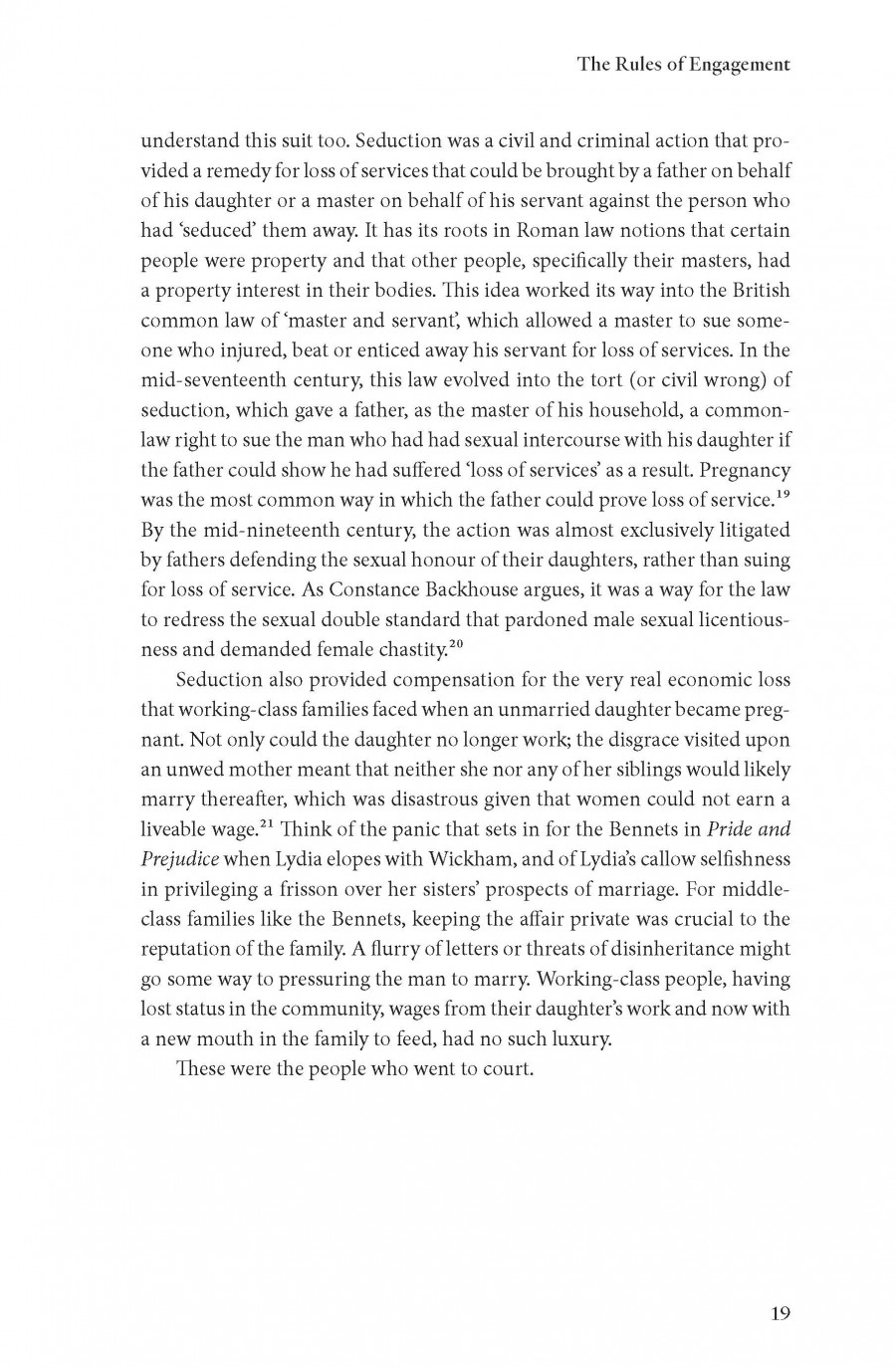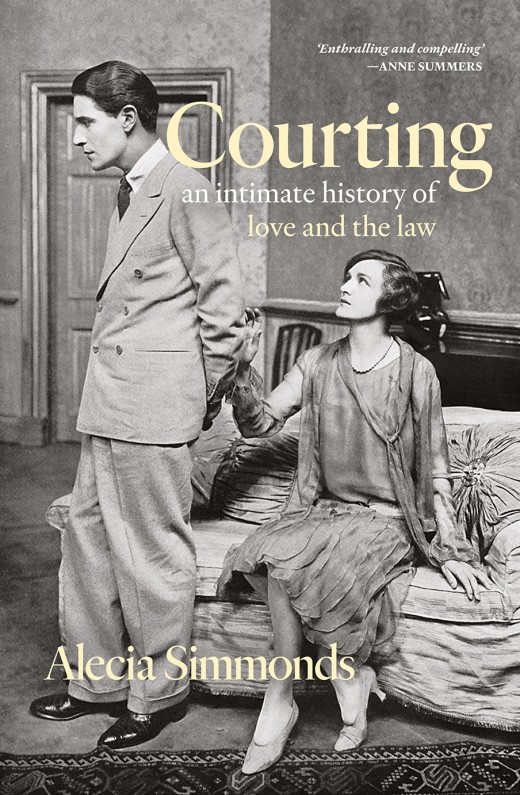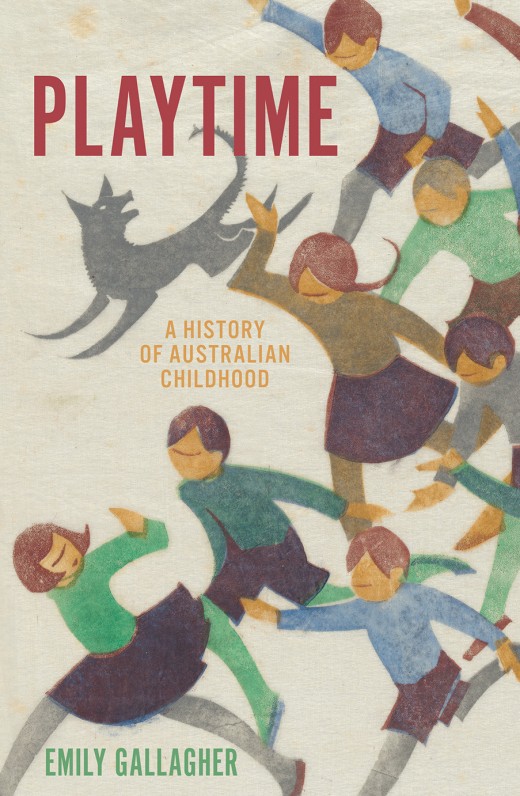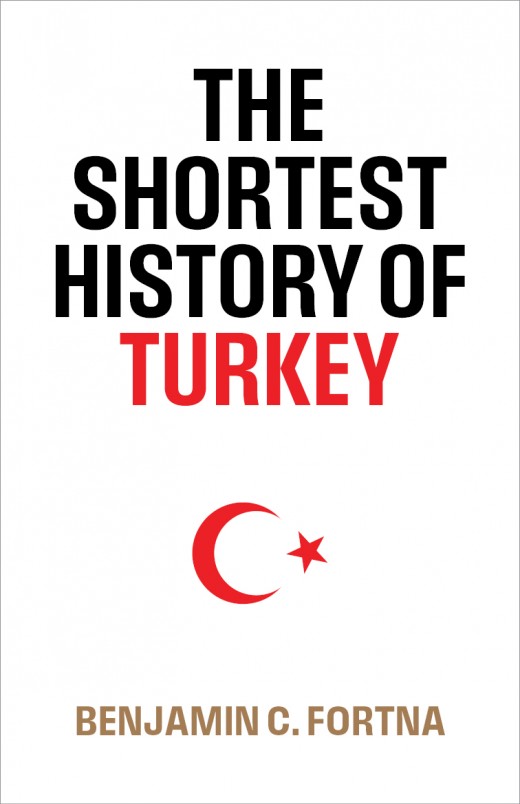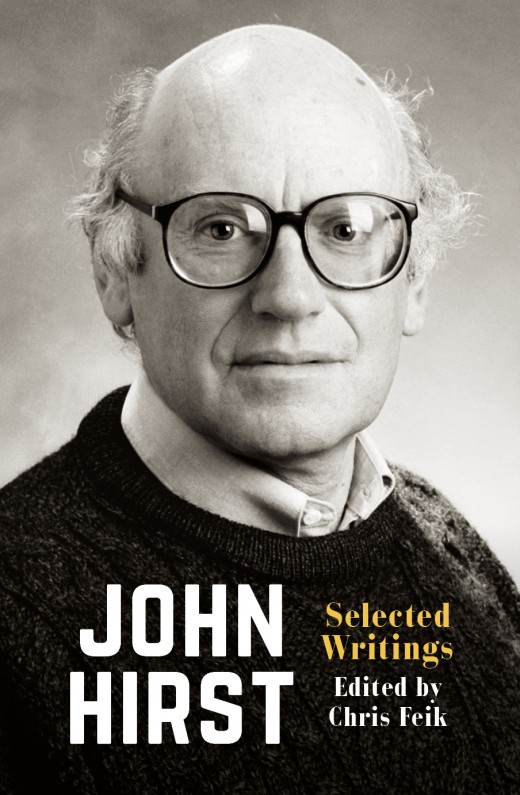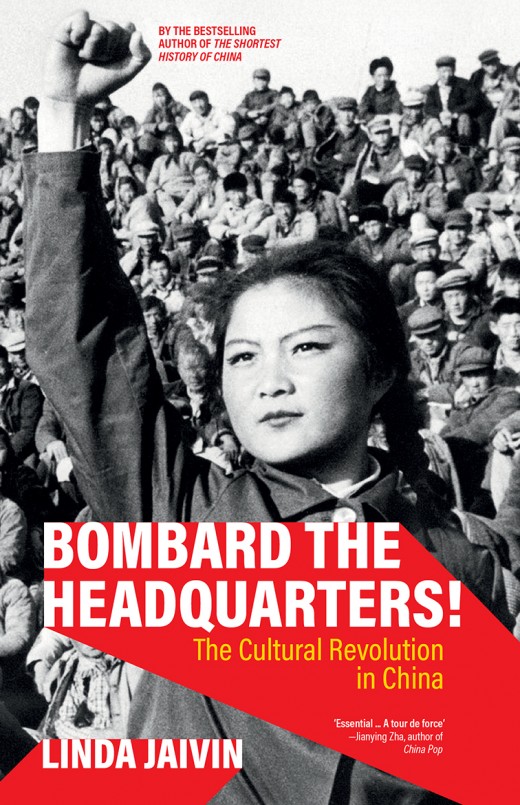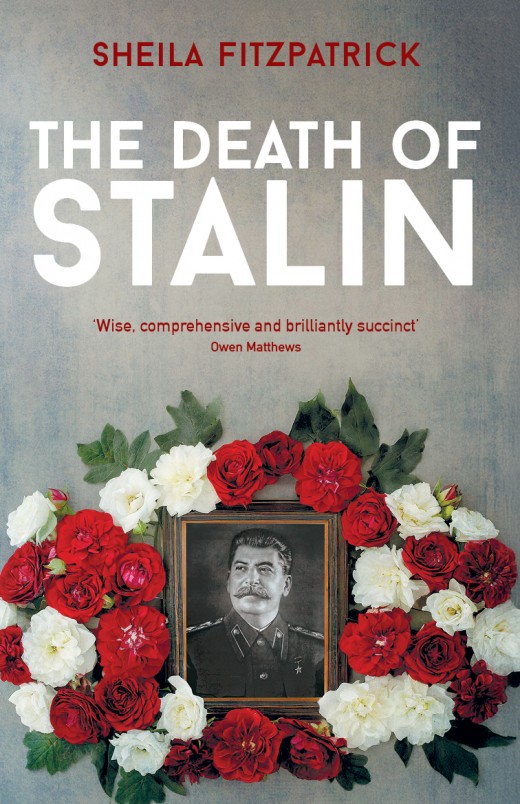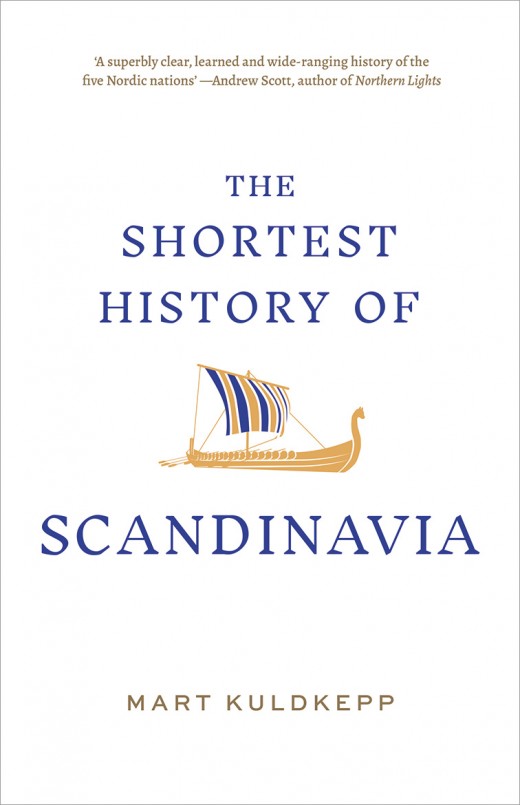Books > Imprint: La Trobe University Press > History
Courting: An Intimate History of Love and the Law
Award-winning author Alecia Simmonds uncovers a hidden history of love and heartbreak in the archives of law
Until well into the twentieth century, heartbroken men and women in Australia had a legal redress for their suffering: jilted lovers could claim compensation for 'breach of promise to marry'. Hundreds of people, mostly from the working classes, came before the courts, and their stories give us a tantalising insight into the romantic landscape of the past – where couples met, how they courted, and what happened when flirtations turned sour. In packed courtrooms and breathless newspaper reports, love letters were read as contracts and private gifts and gossip scrutinised as evidence.
In Courting, Alecia Simmonds brings these stories vividly to life, revealing the entangled histories of love and the law. Over the long arc of the nineteenth and twentieth centuries, pre-industrial romantic customs gave way to middle-class respectability, women used the courts to assert their rights, and the law eventually retreated from people's romantic lives – with women, Simmonds argues, losing out in the process.
Challenging our preconceptions about how previous generations loved and lost, and prompting fascinating questions about the ethics of love today, Courting is a transcontinental journey into the most intimate corners of the past.
'Enthralling and compelling' — Anne Summers
'A beautifully written account of the trials and tribulations of romantic love across the centuries. Delightful and engrossing, Courting is filled with stories of infatuation, deception and heartbreak, as well as the legal, moral and gendered regulation of betrothal and marriage. This is history richly told.' — Anna Clark, author of Making Australian History
'Original and provocative, witty and wise, Alecia Simmonds' Courting is an example of the new Australian history at its finest. Diving deep into legal records, this illuminating book explores the changing relationships between men and women, love and law, as enacted in courtship and courtrooms over two centuries … Women are the key actors in these entangled stories as they seek legal avenues for redress and compensation for material harm and lacerated feelings. In a powerful conclusion, Simmonds ponders on what has been lost in legal reform and the ambiguities of feminist progress.' — Marilyn Lake
'In this marvellously engaging history, Alecia Simmonds takes us through a sparkling collection of stories in which the path of true love – or what was sometimes mistaken for it – led not to the altar but to the courtroom.'—Frank Bongiorno
'Simmonds is mistress of the well-turned phrase and the arresting observation. She is also a fine historian.' —Marian Quartly, Inside Story
Awards for Courting
- Winner, 2024 WK Hancock Prize
- Winner, 2024 Australian Legal Research Award for a Book
- Winner, 2024 NSW Premier's History Award for Australian History
- Winner, 2024 Australian and New Zealand Law and History Society's Annual Prize in Legal History
- Shortlisted, 2024 Prime Minister's Literary Awards
- Highly Commended, 2024 Ernest Scott Prize

